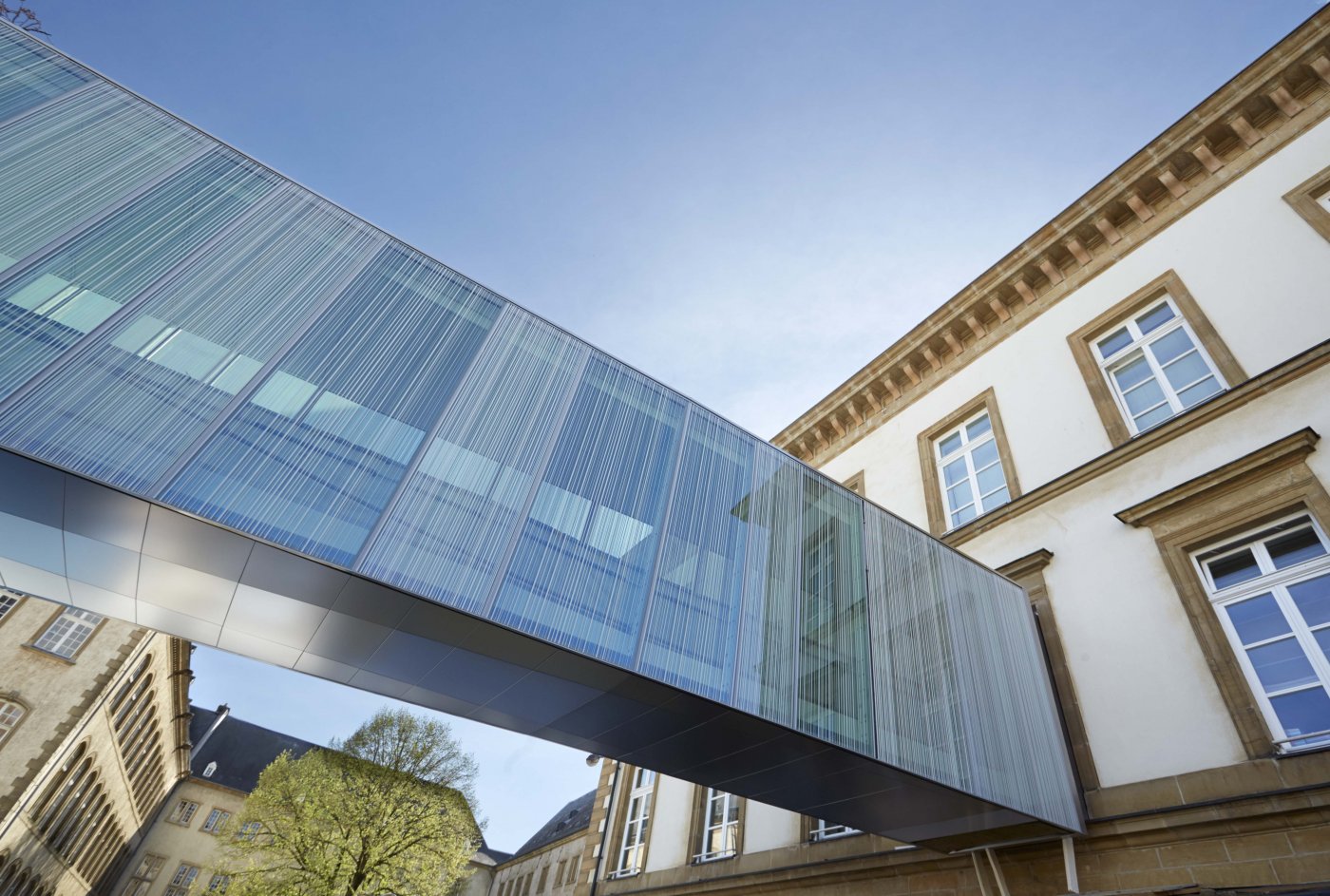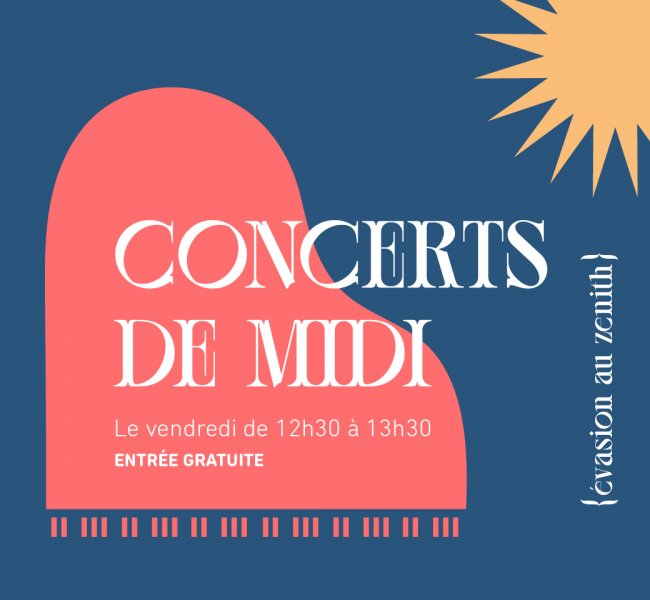Summary record
Video
Participatory housing in Luxembourg City
QUESTION POSED BY FRANÇOIS BENOY
The City issued two calls for participatory housing projects in spring 2017. This initiative was very successful: seven applications were submitted to the City. One of the projects is currently under way, and it appears that a second project is about to be launched. At its meeting on 18 November 2019, the municipal council unanimously adopted the motion tabled by the Déi Gréng group requesting that the College of Aldermen issue a new call to participatory housing syndicates, and that it consider measures that would promote other forms of participatory housing. Participatory housing adds value to the districts that have adopted it. No new calls have been issued in the last six years.
What are the City's plans with respect to participatory housing? Is it open to promoting other types of participatory housing, such as cooperatives? Exactly which resources does the City intend to use? What would be the timelines for completing any such projects?
RESPONSE PROVIDED BY MAYOR LYDIE POLFER
The situation is more complex than Councillor Benoy has presented it. Although the first participatory housing project was implemented without any problems – due especially to the fact that the future residents got along well – the second project, which is larger, has been beset with problems, so much so that the matter even ended up in court. Work on this second project has not yet begun. I want to stress that the problems were caused not by the City but by the people involved in this particular project.
The College of Aldermen is intent on continuing to promote participatory housing, but it wanted to examine what lessons could be learned from this case before issuing any new calls for applications.
The College of Aldermen had asked the relevant departments to suggest sites that would be suitable for participatory housing. In September 2020 – that is, during the pandemic – the College of Aldermen selected for this purpose several plots of land on Rue de la Barrière, Rue Giselbert, Rue Baudouin, Rue Jeanne Rouff and Rue du Kiem. The municipal departments were then tasked with investigating the best way to implement the future participatory housing projects. In January 2023, the College of Aldermen decided to continue offering the perpetual leaseholders – as was the case for the first two projects, which had been drawn up when Déi Gréng were part of the College of Aldermen – the choice of paying a one-time fee or paying an annual fee during the term of the perpetual lease (99 years). Specifications were drawn up. The criteria that interested parties are required to satisfy – that is, not owning land, place of residence, workplace, etc. – have not changed, and the calls for applications will be issued in the coming weeks. The applications will be reviewed before being submitted to the relevant advisory committee. The College of Aldermen is therefore continuing to focus on traditional participatory housing. However, that does not rule out discussing other models – such as cooperatives, for example – at a later stage.
Public lighting
QUESTION POSED BY GABRIEL BOISANTE
The City is in the process of replacing the old sodium lights with LED lights in various districts, such as Limpertsberg and Merl. This is a positive step for energy savings. However, the light produced by LEDs is very white, and that could have negative ramifications. Has the City considered the potential impact on humans and animals? Are the old lamps being recycled, reused or sold? Is the LED lighting being installed as a priority in places where there are higher risks of traffic accidents, or in districts where effective lighting is desirable to make the work of the police and street workers easier?
RESPONSE PROVIDED BY ALDERWOMAN SIMONE BEISSEL
Since 2018, the City's Service Éclairage public (Public Lighting Department) has been following the "Leitfaden für gutes Licht im Außenraum" (Guidelines for good lighting in outside areas) guide, which was created by the Luxembourg government. Steps are being taken to mitigate light pollution: lighting that is more targeted and on for shorter periods, adjustment of the intensity of the lighting, etc. We are trying to strike a balance between energy efficiency and the colour of the light that comes from LED lighting. A whiter light – as opposed to a yellow or even orange light – allows people to better distinguish colours. White LEDs are very energy efficient and effective in terms of safety, but they have a harmful effect on biodiversity and human circadian rhythms. The City is working to find the best compromise for each location. The colour of the light produced by the LEDs installed in the city is 3,000 Kelvin, which corresponds to a "warm white" colour. A colour that falls between 3,300 and 5,300 Kelvin is characterised as "cool white". The old sodium street lights are taken apart and the different components are recycled. The international guideline "Security through efficient urban lighting" is being applied insofar that the City endeavours to light unlit sections of streets, particularly in the most challenging districts, in order to make the work of various stakeholders – such as the police and "À vos côtés" workers – easier. The City is currently installing auxiliary lighting on pedestrian crossings. Theoretically, this work is done on a rolling basis in conjunction with roadworks, but priority is given to installing auxiliary lighting in the most dangerous locations.
Electric vehicle charging stations
QUESTION POSED BY ELISABETH MARGUE
An increasing number of city residents are driving electric vehicles, but not everyone has the option of charging their car at home. How many "Chargy" stations are there in the city – how many standard stations and how many fast-charging stations? What is the procedure for installing a "Chargy" station? Is the College of Aldermen consulted on this matter? What is the usage rate of the existing charging stations? Is the College of Aldermen of the view that there are enough charging stations? What strategy has the City adopted in response to the increase in the number of electric vehicles?
RESPONSE PROVIDED BY ALDERMAN PATRICK GOLDSCHMIDT
Both the Grand Ducal Regulation of 3 December 2015 on public electric mobility infrastructure (règlement grand-ducal du 3 décembre 2015 relatif à l’infrastructure publique liée à la mobilité électrique) and the Ministerial Regulation of 5 February 2016 establishing a general plan for public electric mobility infrastructure (règlement ministériel du 5 février 2016 fixant un plan d’implantation général pour l’infrastructure publique liée à la mobilité électrique) provide for the installation of 800 "Chargy" stations across the country.
Around 600 of these stations have already been installed. There are plans to install 102 stations in public spaces in Luxembourg City, plus 104 stations in the Park & Ride car parks in the capital.
In October 2022, the Minister for Energy issued a circular asking the municipalities to promote the expansion of the network of charging stations. The City is making every effort to transition to electric vehicles wherever it can. This transition will be completed ahead of schedule for buses (by 2024 or 2025 rather than 2030), but it will take more time in other areas because the required vehicles do not yet exist. The City is making sure that the charging stations required for the municipality's vehicles are available where needed.
As regards public spaces, the City has notified the relevant ministry that it believes that municipalities should not have to determine where stations should be installed on their own, because this involves checking with the relevant operator whether the required capacity is available. We must also make sure that expanding the networks does not entail too much nuisance in terms of roadworks.
There needs to be a coordinated effort at the national level. The City is supporting the government and operators as much as it can.
Residents are not authorised to charge their vehicles in front of their homes if doing so involves running a power cable along the pavement. Charging vehicles in this way would create a hazard for pedestrians.
Installing a private charging station requires a permit. There are several ultra-fast charging stations ("SuperChargy") in the city, including four in Kirchberg, in the University of Luxembourg car park. This type of charging station will probably be installed primarily at petrol stations in the coming years. Regarding the usage rate of stations, you would need to ask the different operators about that.
Municipalities' role in installing additional electric vehicle charging stations
QUESTION POSED BY FRANÇOIS BENOY
The municipalities' role in installing additional charging stations was the subject of a parliamentary question (no. 7199), which I sent to Minister for Energy Claude Turmes. In December 2022, the Minister responded that "the development of electric mobility will require the expansion of the network of publicly accessible charging stations near public thoroughfares and in other public spaces. Municipalities have the ability to play an active role in this matter."
Circular to municipalities no. 4190 of 28 October 2022 provides for three possible courses of action, i.e., by way of public procurement, by implementing their own installations, or in cooperation with private partners.
Apparently, Patrick Goldschmidt, the alderman in charge of mobility, is of the view that installing additional charging stations is not, in principle, the municipality's job. On 11 June 2021, Alderman Goldschmidt provided a response to this effect to Councillor Carlo Back: "To answer your question as to whether the City can do even more, I would draw your attention to the fact that it is up to the State to take steps to ensure that charging stations are available across the country."
In light of the information provided in the response to parliamentary question no. 7199 and in circular no. 4190, would the College of Aldermen consider rethinking its position on the installation by the City of additional charging stations? If so, what are the City's goals and how does the College of Aldermen plan to proceed?
RESPONSE PROVIDED BY ALDERMAN PATRICK GOLDSCHMIDT
After circular to municipalities no. 4190 was issued, the City responded in writing to the Minister for Energy on 16 January 2023. The City intends to cooperate with the government, but cannot determine on its own where the additional charging stations should be located. The City has its own plan, but we need to determine if this plan is feasible given the availability and capacity of the networks and the interests of the various operators.
The City would have preferred a different approach. The government should have involved the municipalities right from the start so that everyone could agree on the best way to proceed – to increase the number of stations from 206 to 500, for example. The City will neither act as an operator of the stations, nor create a company to do so, and the stations will not be connected to the "Carloh" carsharing system. The City has assured the Minister that it intends to support the government in seeking the best solution to ensure that every resident with an electric vehicle has access to charging stations.
Opening hours of the bandstand on Place d'Armes
QUESTION POSED BY CLAUDIE REYLAND
We all enjoy listening to concerts performed in the bandstand on Place d'Armes. When the weather is good, a lot of people listen to the music from the terraces and benches, and sometimes people even get up and dance. However, the bandstand is available only two days a week, and then only for a very short period of time: on Wednesdays from 19:00 to 20:00 and on Sundays from 11:00 to noon. Residents have told me that they think these hours are insufficient.
Does the College of Aldermen think these time slots are sufficient? Have any applications to use the space been rejected? Is there a waiting list? Has the availability of the bandstand always been limited to one hour, two days a week? Has the College of Aldermen received complaints from the restaurants and cafés on Place d'Armes? Does it plan to extend the availability of the bandstand so that concerts can be hosted there? Are other public squares in the capital available to host concerts?
RESPONSE PROVIDED BY ALDERMAN PATRICK GOLDSCHMIDT
The number of events on Place d'Armes has indeed declined: before the pandemic there were around 300 events per year, whereas in 2020 and 2021 there were no concerts at all. The terraces were temporarily extended all the way up to the bandstand.
Concerts returned in 2022. Some residents may feel that there are not enough concerts, while others think there are too many and that the music is too loud. The City responded to these kinds of complaints by restricting the number of concerts on Place d'Armes to two per week.
Now that the pandemic has ended, the City intends to authorise more events. Concerts can now be held on Wednesdays from 19:00 to 20:00, and on Saturdays and Sundays from 11:00 to noon. Additional concerts are held as part of events such as National Day and the UGDA's Music Day.
The City seeks to ensure that every brass band in the capital can perform a concert on Place d'Armes. With the schedule that the City has adopted, all applicants can be allocated a time slot. The City decided to allow concerts to be held at 11:00 on Saturdays and Sundays to give young musicians a chance to participate.
The City prefers concerts performed by music societies to concerts that use sound systems because restaurant owners have complained about concerts using sound systems. The College of Aldermen is of the view that the opening hours currently in force are sufficient, but the City is always open to discussing this matter if additional applications are submitted.
Opening hours of swimming pools
QUESTION POSED BY TOM KRIEPS
In a city of 132,000 residents, it is hard to justify the fact that the municipal swimming pools are closed on Sunday afternoons. None of the swimming pools in the surrounding municipalities (Pidal in Strassen, Krounebierg in Mersch, Syrdallschwemm in Niederanven) are closed on Sunday afternoons. Would the College of Aldermen be willing to consider opening the City's swimming pools on Sunday afternoons as well?
RESPONSE PROVIDED BY ALDERWOMAN SIMONE BEISSEL
The circumstances of the swimming pools in Luxembourg City are very different to those of the pools mentioned by Councillor Krieps. This is because our facilities are meant primarily or exclusively for swimming – only the "Badanstalt" and the Bonnevoie swimming pool have sauna and fitness facilities – while those in the municipalities he named also have other recreational offerings, such as water parks for children. The City has not received any requests to open swimming pools on Sunday afternoons. Because it is hard to find lifeguards, the new swimming pool in Cents cannot be opened to the public on weekends. Opening swimming pools on Sunday afternoons is not a viable option, because they are short-staffed. The City is seeking a solution.













